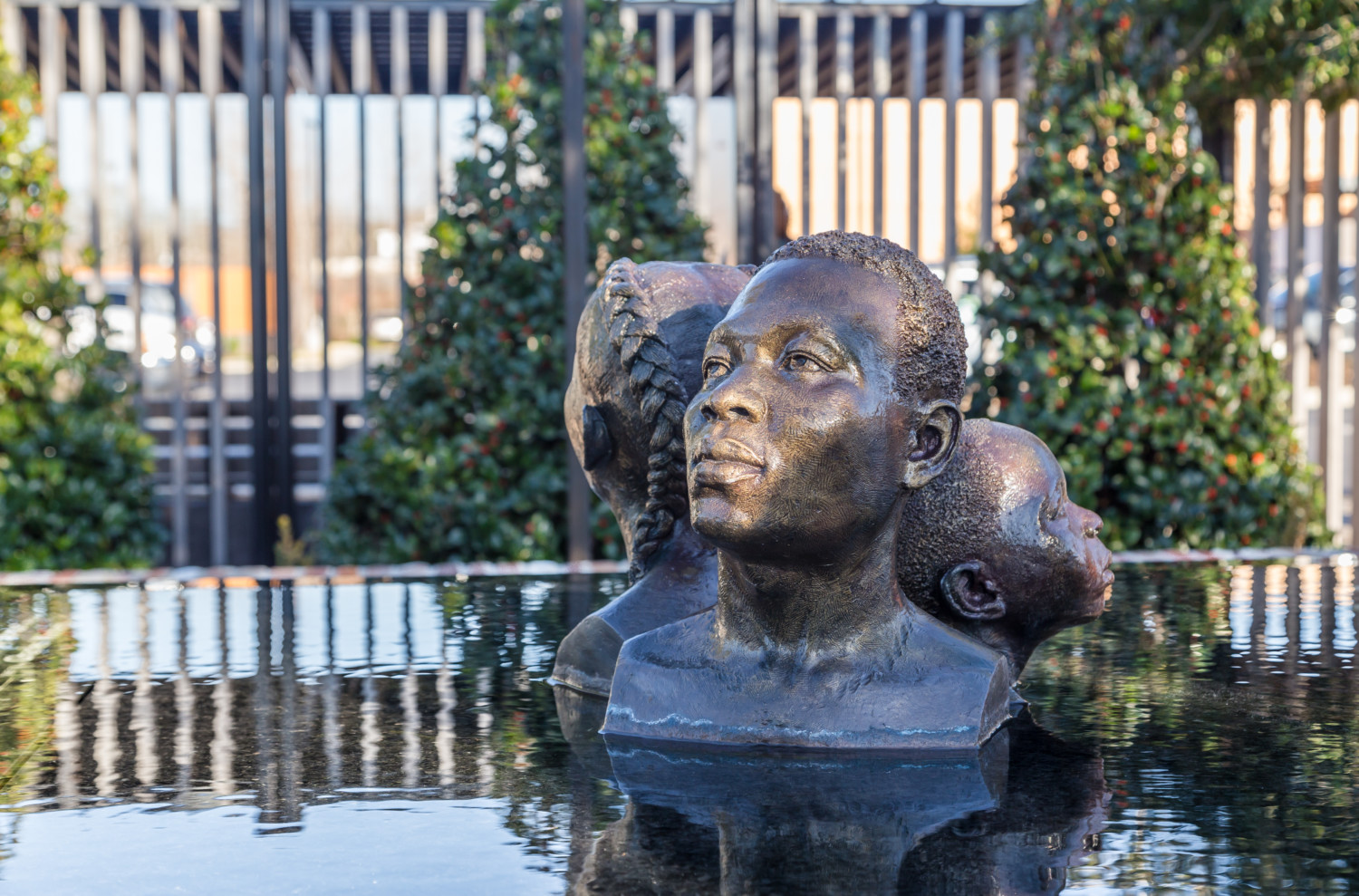Celebrating Black History Month in February is a way to recognize and honor the struggles, achievements and contributions of African Americans throughout history. In addition, this month provides an opportunity for individuals, groups and organizations to come together to learn about Black history, with the goal of creating a more equitable society that values the experiences of Black Americans. This year’s theme is “Black Resistance.”
From attending events hosted by local organizations and supporting Black-owned businesses to advocating for fair and equitable education and amplifying the voices of the Black community, there are many ways that we can honor this rich and diverse history next month and all year long.
Read, Watch And Listen
Taking the time to read books, watch movies and listen to music by Black authors, filmmakers and musicians can enable you to better understand the history and experiences of Black people. There are endless opportunities for learning, whether you prefer novels that explore intersectional identity, documentaries that reveal the lives of influential figures or podcasts that cover culture, politics and more.

Explore Museums
Visiting a museum that celebrates African American culture is an excellent way to honor Black History Month and learn about the rich history of African Americans. Museums such as the Smithsonian National Museum of African American History and Culture (NMAAHC) in Washington, D.C., the Charles H. Wright Museum of African American History in Detroit and the African American Panoramic Experience Museum in Atlanta tell stories about important figures, monumental moments and inspiring achievements in the Black community.
Visiting a museum gives visitors an opportunity to explore artifacts from both past and present, experience interactive exhibits or listen to personal accounts from experts and scholars who are passionate about preserving the culture for future generations.
If you can’t visit a museum in person, NMAAHC has a virtual museum where you can explore several exhibitions online.

Amplify Voices
Supporting Black creators on social media can help increase visibility in underrepresented areas while also helping amplify stories that are often overlooked by mainstream media. From musicians and authors to artists and entrepreneurs, the internet is full of inspiring individuals doing unique and creative things. Take the time to search for new voices in fields like photography, film, graphic design or even video game creation — you may just find something special to follow.
Here’s a piece from contemporary Black artist Kehinde Wiley, who you can follow on Instagram.
Limited Edition prints to benefit @cineinstitute are selling out fast get yours herehttp://t.co/ycMwKPprAh pic.twitter.com/M97ICTIWgh
— Kehinde Wiley (@kehindewileyart) September 23, 2014
Support Black-Owned Businesses
Shopping at, donating to and investing in Black-owned businesses can help create jobs, provide resources and stimulate local economies while also helping bridge the gap of inequality. Research some companies nearby or find some who sell products that you like online. Then, don’t forget to recommend them to your friends and family. By investing in a Black-owned business, you are participating in a movement for real and lasting change.

Advocate For Education
Recognize the importance of advocating for fair and equitable education for all students in your area. Too often, opportunities to receive quality education are unequally distributed among different economic classes and racial groups. By fighting for educational justice, you can ensure that all students, no matter their background or financial status, have the chance to receive a quality education. This is critical step toward racial justice because it gives all students an equal opportunity to experience success and reach their full potential.

Donate To Black Organizations
By donating, you can support the missions of Black organizations while showing your appreciation for the Black community’s invaluable contributions throughout history. Consider donating money or other resources, if possible — and help organizations continue doing meaningful work even after this month has ended.
Research some organizations in your area or find some that align with your values online. Whether you give funds to the DuSable Museum of African American History in Chicago (showcased in the tweet below) or the Okra Project, which provides aid to Black trans, non-binary and gender-nonconforming people, you can make a difference.
Show your support for the DuSable with a year-end gift to support the museum's efforts to educate all communities about Black history, culture, and experiences. Donate here: https://t.co/zZiMrE53g2 pic.twitter.com/tvCxXOKOOX
— DuSable Black History Museum and Education Center (@DuSableMuseum) December 30, 2022
Take A Class
Taking a class related to Black history is an excellent way to celebrate Black History Month intentionally. Doing so can provide you with invaluable insight into the struggles and accomplishments of African Americans over time. Plus, they’re an excellent way to learn more about current topics such as police brutality, systemic racism and many other issues impacting the Black community today.
Whether it’s an online course, in-person tutoring or attending a local college lecture series, take this month as an opportunity to gain knowledge on this critical subject. After all, understanding our past leads us one step closer to building a better future.
Last year, MasterClass offered a new course on Black history, shown here, for free throughout February.
Attend Events
Attending lectures, workshops and celebrations hosted by local organizations is a great way to learn more about Black history this month. These events allow for direct interaction and collaboration with members of the Black community to build a better understanding and mutual respect.
Look for panel discussions, seminars hosted by universities or online forums. These activities let you show support and open yourself to new possibilities while also celebrating the immense influence that African Americans have had on all aspects of culture across the world. Check local community calendars, along with event listings from museums and other institutions, for options.

Tune In To Some New Podcasts
Listening to podcasts by Black producers and creators is a great way to honor Black History Month, but it doesn’t have to be a once-a-year event. Podcasts such as Code Switch, Noire Histoir and The Stoop (which can be accessed through the tweet below) discuss a variety of topics of interest to the African American community including history, science, music, art, news and more.
These podcasts provide listeners with an array of diverse content, from entertaining interviews with emerging artists to insightful conversations about current events or personal narratives about overcoming struggles. Podcasts by Black creators also open up opportunities for meaningful dialogue among peers and engaging conversations about relevant social justice topics.
Ep 80: I Belong to Me
Today we hear the story of @iamreginalouise, an author who learned to define love on her own terms after growing up in and out of foster care. Regina finds her voice & shows us that true love isn’t always external.
: https://t.co/GbVvBcFKqm pic.twitter.com/rsMv3ujoII
— The Stoop (@theStoopPodcast) January 13, 2023
Organize Discussions
Organizing discussions about race relations within your community or neighborhood is the perfect way to celebrate Black History Month intentionally. Host a mealtime session or movie night and invite friends and family to share their experiences. Take this time to think critically about racial issues and how they are having an impact on today’s society, as well as shaping our future.
By engaging in difficult conversations, we gain a greater understanding of one another’s positions and can work together to create a more respectful and equitable society for all.

Celebrating Black History Month in a meaningful way can lead to knowledge, understanding and hopefulness as we work toward racial justice in the U.S.
This story originally appeared on Simplemost. Check out Simplemost for additional stories.



